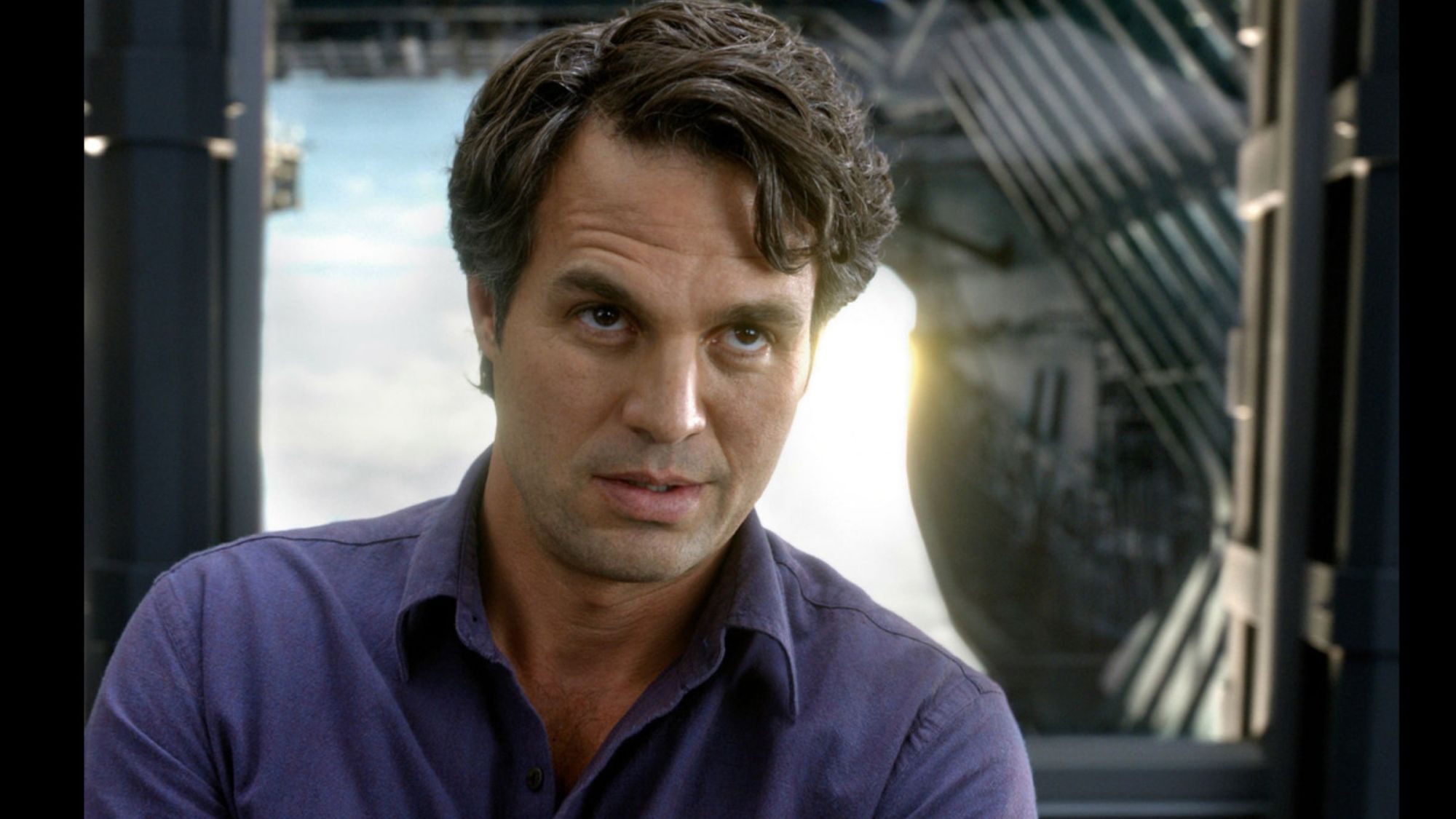The film industry often faces significant challenges in securing successful sequels. While original films generate excitement and box office success, sequels can falter if key characters are recast. This shift can alter the tone and connection that audiences have developed with their favorite figures. Several sequels have faced backlash due to recasting, leading fans to feel that the essence of the characters was lost.
Mulan II and the Loss of Mushu’s Charm
In Disney’s animated film Mulan II, the beloved character Mushu, originally voiced by Eddie Murphy, underwent a significant change. In this sequel, Mark Moseley took over the voice role, resulting in a noticeable shift in Mushu’s comedic timing and personality. Fans who cherished the original found the new portrayal lacking, which impacted their overall enjoyment of the film.
Halloweentown’s Fourth Installment Struggles
The Halloweentown series captivated audiences with its magical storytelling and memorable characters. However, in Return to Halloweentown, the change from Kimberly J. Brown to Sara Paxton as Marnie Cromwell marked a turning point. This recasting altered the film’s dynamic, leading many loyal viewers to skip the fourth installment during rewatch sessions due to the stark difference in performances.
Batman & Robin’s Disappointing Transition
The Batman franchise faced challenges after the departure of director Tim Burton. Batman Forever struggled, but the subsequent film, Batman & Robin, is often seen as the low point. With George Clooney stepping into the role of Batman, critics and fans alike felt that Clooney’s portrayal lacked the depth and gravitas expected from the character, culminating in a film that did not resonate with audiences.
Aladdin’s Genie Loses His Magic
In the animated series, Robin Williams brought life to the Genie in Aladdin. However, in the sequel, Aladdin: The Return of Jafar, the character was voiced by Dan Castellaneta. Many fans felt that the absence of Williams diminished the magic and humor that defined the Genie, even as Williams returned for the third installment to reclaim the beloved role.
The Avengers’ Hulk Transformation
The Marvel Cinematic Universe introduced Edward Norton as Bruce Banner in The Incredible Hulk, a portrayal that connected with audiences. His departure marked a shift when Mark Ruffalo assumed the role. While Ruffalo’s performance brought a new interpretation, many fans felt that the character’s emotional depth diminished, particularly in the aftermath of the climactic battle against the Abomination.
The Dark Knight’s Complicated Character Dynamics
In Batman Begins, Katie Holmes played Rachel Dawes, a character pivotal to Bruce Wayne’s journey. However, in The Dark Knight, Maggie Gyllenhaal took over the role, and many viewers found her character lacking the complexity and depth seen in the first film. The change led to mixed reactions, particularly regarding Rachel’s motivations and ultimate fate in the sequel.
Hotel Transylvania’s Shift in Tone
The animated franchise Hotel Transylvania saw significant changes with the release of Transformania. Adam Sandler, who voiced Count Dracula in the earlier films, did not return, leaving room for Brian Hull to take on the role. This recasting altered the tone of the character, resulting in a film that many felt was less engaging than its predecessors.
The ability to recast characters can breathe new life into a franchise, but it can also lead to disappointment when original actors bring unique qualities that are difficult to replicate. As audiences navigate these changes, they often voice their opinions, shaping the discourse around what makes a sequel truly successful.
